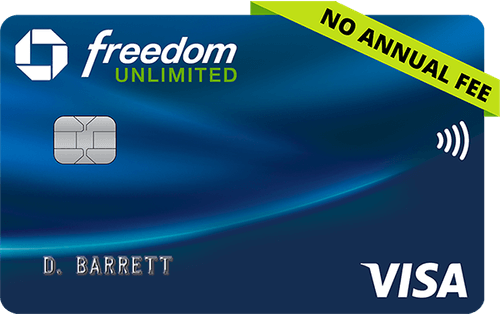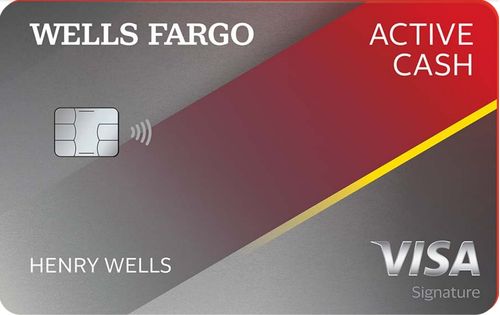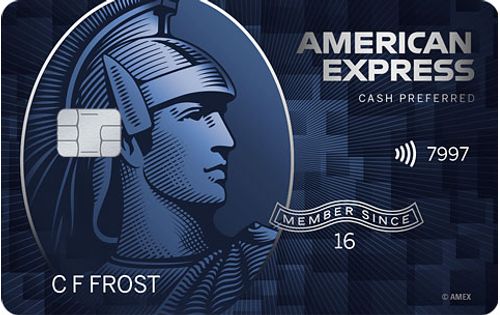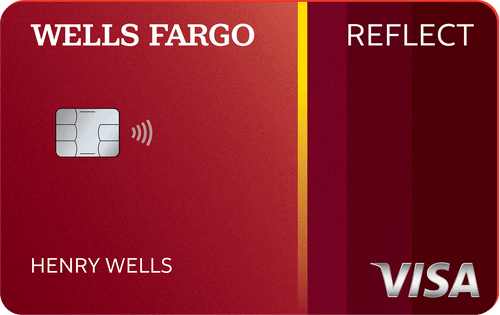Adam McCann, Financial Writer
@adam_mcan
The main differences between business credit cards and personal credit cards are that business cards are only available to business owners and authorized business representatives, and they have higher credit limits. In addition, business cards and personal cards have different user protections and rewards.
Business Credit Card vs. Personal Credit Card
| Category | Business Credit Card | Personal Credit Card |
| Who can get one? | Business owners and authorized business representatives | U.S. citizens or permanent residents over age 18 with an SSN (sometimes ITIN or passport) |
| Approval | Based on personal credit score and financial history | Based on personal credit score, income, and financial history |
| Consumer protections | Not covered by CARD Act, but some issuers offer protections | Full CARD Act protections |
| Common rewards rates | 1% - 5% back | 1% - 5% back |
| Common bonus rewards categories | Advertising, transportation, phone/cable/internet service, fuel, travel, dining | Travel, dining, groceries, gas, department store purchases, entertainment |
| Credit limits | Depends on business and personal income. Generally higher limits than personal cards. | Depends on personal income. Generally lower limits than business cards. |
| Reports to personal credit bureaus? | Sometimes | Yes |
| Hard pull of personal credit required? | Usually (cards for large corporations and some other select cards are excluded) | Yes (except in very rare cases) |
It’s important to note that you can get a personal credit card to use for business purchases. Likewise, you can make personal charges on a business credit card. However, it’s best to not mix business and personal purchases on the same card, as that makes bookkeeping messy.
People also ask
Did we answer your question?
Important Disclosures
Ad Disclosure: Certain offers that appear on this site originate from paying advertisers. For full transparency, here is a list of our current advertisers.
Advertisers compensate WalletHub when you click on a link, or your application is approved, or your account is opened. Advertising impacts how and where offers appear on this site (including, for example, the order in which they appear and their prevalence). At WalletHub we try to present a wide array of offers, but our offers do not represent all financial services companies or products.
Advertising enables WalletHub to provide you proprietary tools, services, and content at no charge. Advertising does not impact WalletHub's editorial content including our best picks, reviews, ratings and opinions. Those are completely independent and not provided, commissioned, or endorsed by any company, as our editors follow a strict editorial policy.



